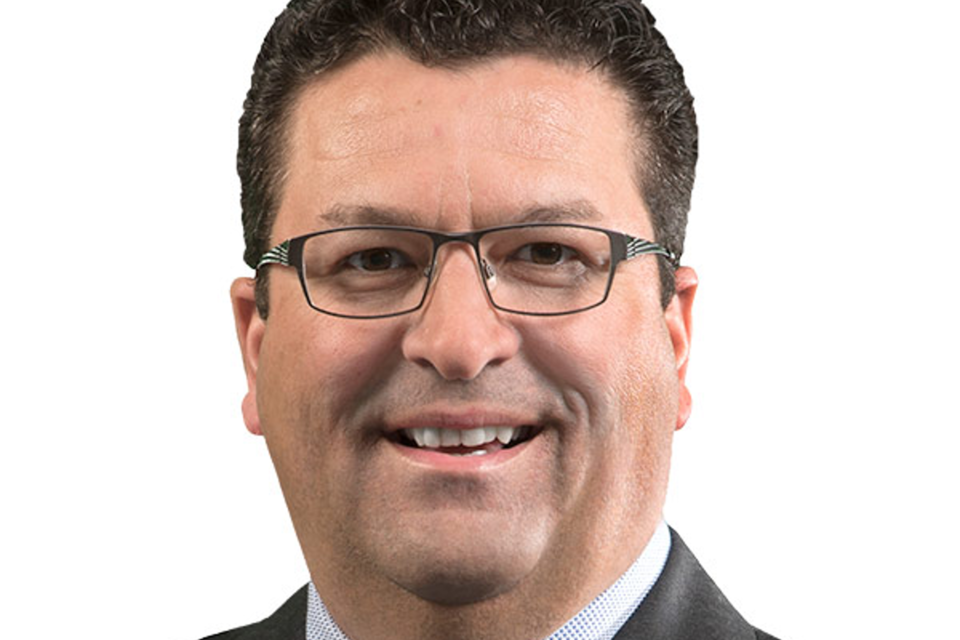Attawapiskat First Nation’s housing crisis has been an ongoing issue for decades and Guy Bourgouin says enough is enough.
The Mushkegowuk-James Bay MPP says the remote community has been making requests for 30 years.
“There’s no more room to grow, they’re land-locked,” said Bourgouin.
Attawapiskat First Nation is a fly-in community at the mouth of the Attawapiskat River on James Bay.
Bourgouin said that the community has people living in the youth centre, COVID trailers and people living in homes built for six that house several generations. Even if there were options like mobile homes, there is no space to put them on the land, he said.
“If they’d follow the process that was agreed upon, we wouldn’t have this discussion now,” said Bourgouin. “The government signs the right documents, but we don’t follow through and that’s what’s happening in Attawapiskat.”
During Question Period on April 3, Bourgouin challenged the Ford government to address the housing crisis in Attawapiskat and work with the community to find solutions.
Attawapiskat filed for an addition to its reserve (ATR) in April 2016 and the federal and provincial governments said at the time that the process would be expedited.
At the federal level, according to its website, Indigenous Service Canada (ISC) has approved 26 ATRs in Ontario, 11 of which were for community expansion, since 2016.
In 2022, ISC approved 35 ATRs nationwide.
Attawapiskat is part of Treaty 9, which has both the federal and the Ontario governments as signatories. Bourgouin said both levels of government have been kicking the problem down the road.
”Shame on us for doing this to First Nations, and then we wonder why they don’t trust us,” said Bourgouin. “We are land-locking First Nations in a community when they have geographic traditional territories.”
Bourgouin said the government’s aid so far has been an insult.
“First Nations have been putting proposals together to the government, yet nothing happens, federally or provincially,” said Bourgouin. “Both governments like to play a political ping-pong game, and who pays for that? The community.”
He said the government needs to see firsthand what is going on in Northern communities.
“I invite the government to come up north, but unfortunately it’s not happening,” he said. “These communities are struggling, they have so much riches in their traditional territories, yet the communities are poor, and it’s unacceptable.”



